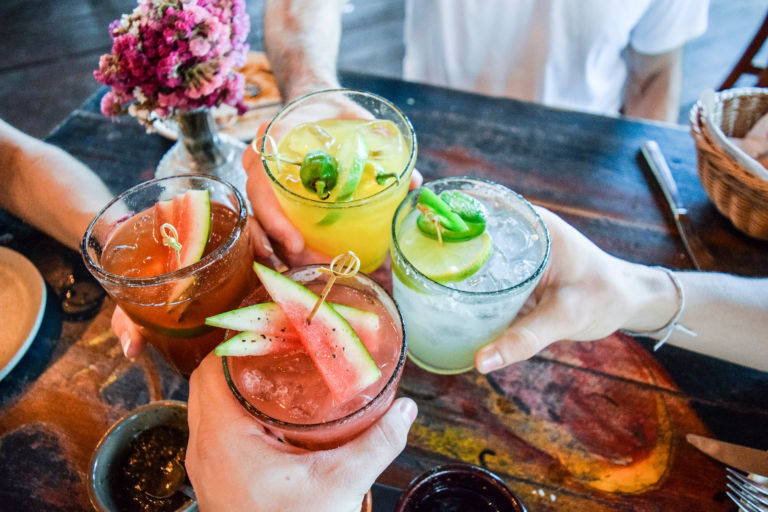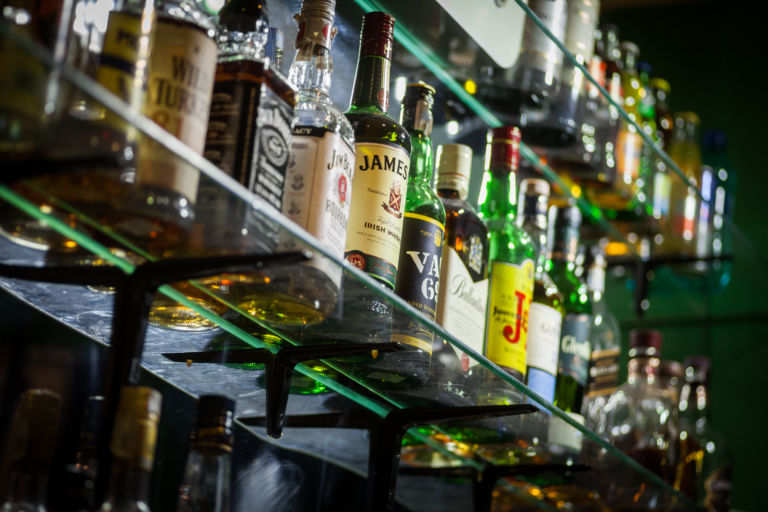This week, Carolina Journal’s John Trump wrote an opinion piece on the challenges the alcohol industry frequently faces. Just this past year, Trump explains, distilleries were faced with a potential 400% tax increase. He writes:
The act, S. 362, originally part of the omnibus tax bill the president signed into law in 2017, lowered the federal excise tax on distillers to $2.70 per proof gallon of spirits on the first 100,000 gallons produced or imported annually.
The bill, among other provisions, also greatly eases tax burdens on breweries and wineries. It was set to expire at year’s end, effectively resulting in a 400% increase in federal excise taxes on that first 100,000 proof gallons of liquor produced – an effective increase from $2.70 per proof gallon to $13.50 per proof gallon, wrote the Distilled Spirits Council of the U.S., an industry trade group in Washington.
Not only this, but the ongoing trade war has caught up many alcohol producers in its wake. Trump explains:
The White House, as part of ongoing trade wars, has threatened increased tariffs on European countries, including Ireland, Scotland, and Belgium, on things such as cheese, olive oil, brandy, whiskey … and whisky.
[The Distilled Spirits Council] last year wrote that, in turn, retaliatory tariffs “had a measurable impact on American whiskey exports, particularly to the European Union, the largest market at $675 million.
“In fact, American whiskey exports to the EU for the first half of [2018] were growing at a brisk 33% but took a sharp downturn following the imposition of tariffs, declining 8.7% compared to the same period in 2017.”
Because of issues like these, alcohol production can be a very fickle business, and North Carolina’s laws do not make it any easier. Trump writes:
North Carolina resists selling alcohol on Sunday through its state-controlled monopoly, which restricts consumers on myriad levels. It refuses to call bars, well, “bars,” instead entangling restaurants and “private clubs” in complex regulations, leaving enforcement uneven at best and, at worst, eliminating any perception of fairness. The state disallows “happy hours,” forcing restaurants to offer specials all day, again hampering business and limiting, by default, consumer choice.
Read the full piece here. Learn more about alcoholic beverage control here.


